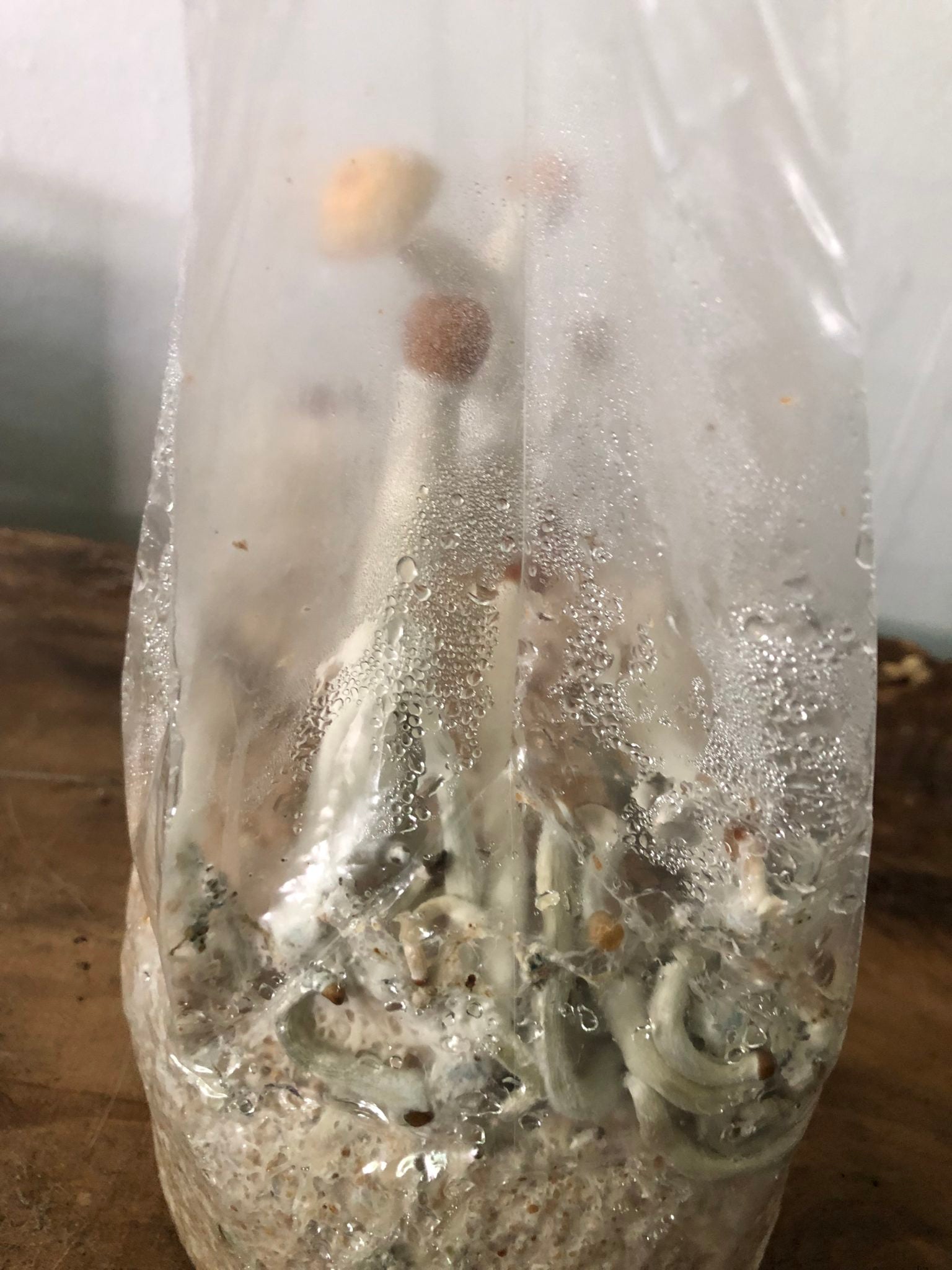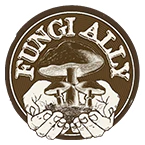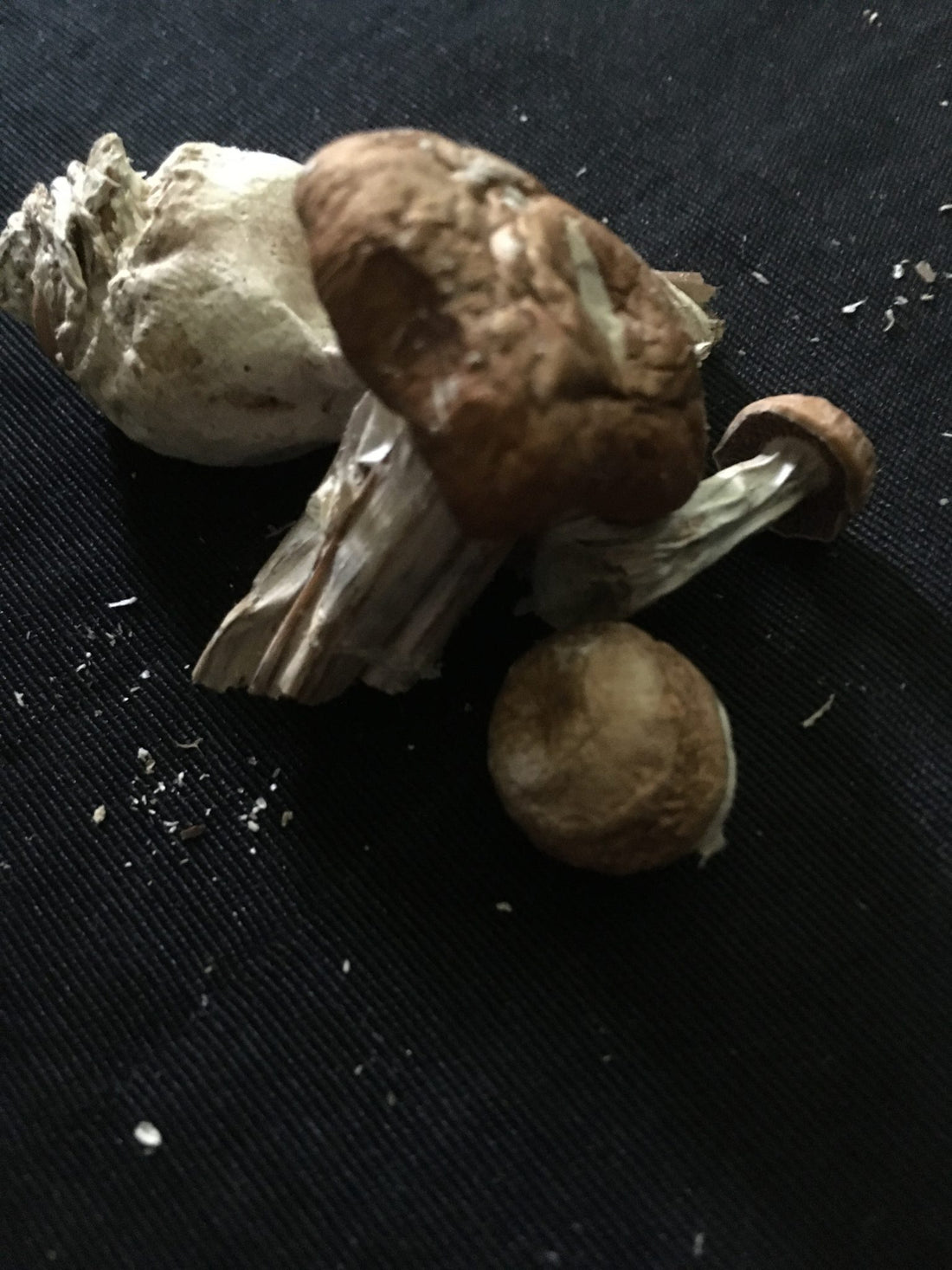Are legalized mushrooms next? Cannabis has gained popularity and legalization throughout the country and it appears that magic mushrooms could be next
Cannabis has gained widespread acceptance and legalization in the last few years. While it was criminalized and banned in many countries, it has proved itself as a plant worthy of attention.
CBD, the cannabinoid responsible for the medicinal properties of
cannabis seeds, is used to treat epilepsy, Parkinson's disease, Alzheimer's disease, and many other chronic conditions. This discovery has sparked interest in cannabis from various industries.
As the demand for cannabis products rises, another drug is already catching the attention of various industries. Are legalized mushrooms next? The main component in magic mushrooms, psilocybin, demonstrates great potential that can rival the rise of cannabis.
Legalized mushrooms are a new phenomenon to many who do not recognize their history of traditional use
Magic mushrooms are not a recent discovery. The species are native to northern Europe and many other parts of the world, and traditional societies used them for spiritual and recreational purposes. In some cultures, these species hold a sacred place and are even attributed to spiritual mythologies.
Most countries banned magic mushrooms in the 1960s and 70s alongside other psychedelics. Some countries have restrictions, but not criminalization. In countries such as Canada, you can buy
dried magic mushrooms from a gas station or online.
Canada is among the few countries with exceptions to the clinical use of magic mushrooms despite being illegal. The law allows the use of psychedelic, legalized mushrooms if recommended for medicinal purposes.
Cannabis research has changed perceptions about it around the world. People recognize it now as a beneficial therapeutic drug. Can the same be said for psilocybin mushrooms?

The Future of Magic Mushrooms: Are Legalized Mushrooms Next?
Psilocybin and psilocin are controlled substances in several countries. As these are the active ingredients in magic mushrooms, it means that it is illegal to grow, possess, or distribute the mushrooms.
The 1971 Vienna Convention brought the ban on psilocybin and psilocin. The Convention placed the compounds as schedule I substances. The ban prohibited synthetic variants, but arbitrary laws affected organic substances as well.
There have been calls from activists to decriminalize magic mushrooms, and it seems that governments are listening. In 2018, the US Federal Drug Agency reconsidered its stand on magic mushrooms by agreeing to assist in research on psilocybin-assisted therapy.
There is a mobilization to decriminalize psychedelic mushrooms in various countries. In the US, the California Psilocybin Decriminalization Initiative is a bill that seeks to allow the personal use, possession, cultivation, storage, and distribution of magic shrooms.
Countries such as Brazil, the British Virgin Islands, Jamaica, Netherlands, Austria, Czech Republic, Italy, Portugal, and Spain have
decriminalized magic mushrooms.
In the United States, Denver and Oakland have already decriminalized psilocybin. As pressure mounts and research grows, more countries are likely to loosen their laws on psilocybin.
Increased Research and Legalized Mushrooms
From the 1970s, research on psilocybin took a nosedive as the US government placed it under Schedule I. The United States' War on Drugs further hampered any research on any controlled substances. The discovery of the therapeutic applications of psychedelics has influenced a new wave of research.
Research on the psychopharmacology of psilocybin shows that users report
positive experiences even months after use. Researchers believe that the substance affects intuitive knowledge, which can change an individual's perception of life and the world around them.
Scientists now know that the body converts psilocybin to psilocin, which binds to 5-HT2C serotonin receptors. The binding regulates various neurotransmitters that control cognition, anxiety, appetite, learning, perception, memory, mood, and imagination.
Research on psilocybin is still limited due to its ban in many countries. As more countries change their laws, scientists will be able to conduct better studies and discover more about psilocybin.
Psilocybin-Assisted Therapy May Become a Major Piece to Legalized Mushrooms
There is increasing evidence that psilocybin-assisted therapy manages stress, anxiety, depression, and eating disorders.
One of the leading applications of psilocybin-assisted therapy is smoking cessation. The use of magic mushrooms can stop addiction better than other treatments and with few or no side effects. Legalized mushrooms may become a welcomed therapy throughout the United States.
Article by Jessica Smith


